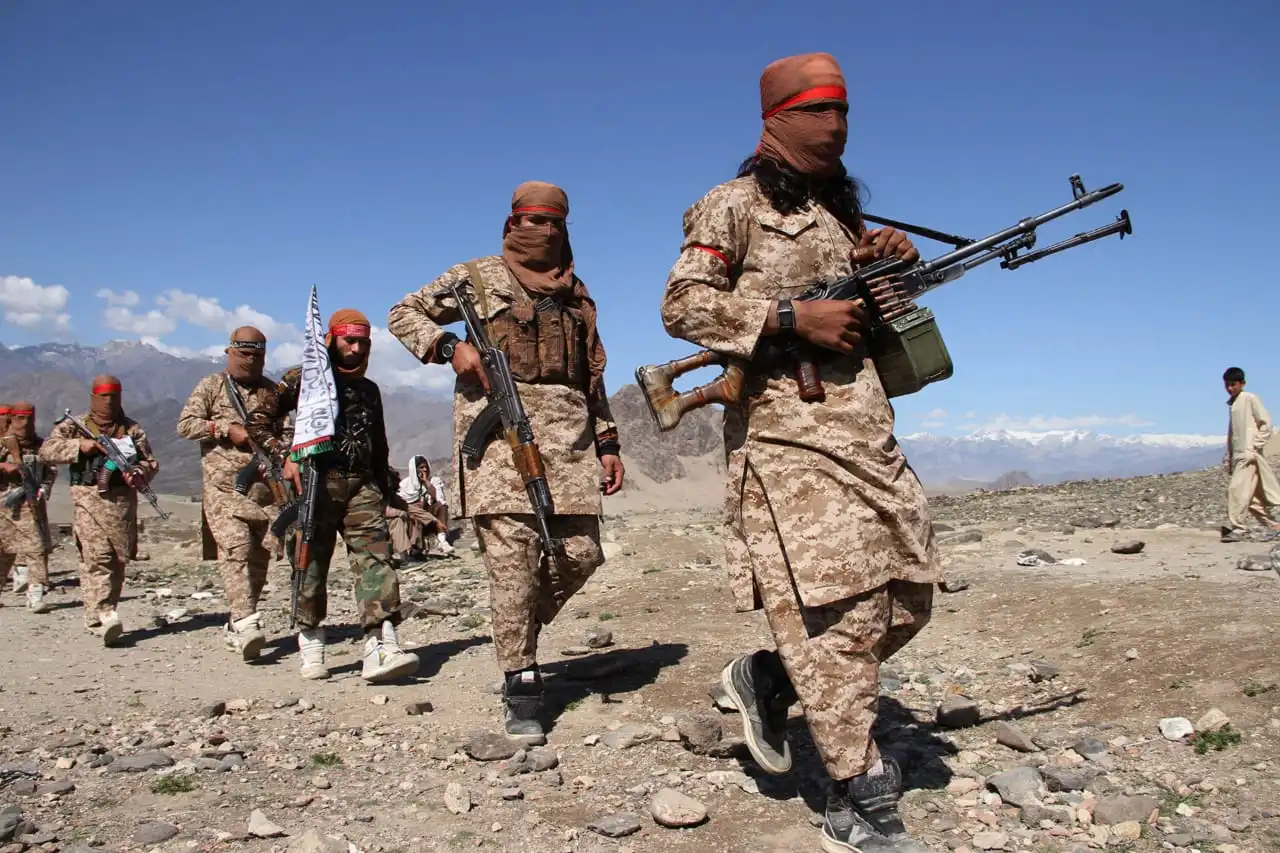War is not a game, as fools would like us to believe, and once a government begins to instill a military art of war based on commercialized videogames, then such a decadent theory leads to quick decay and self-destruction. As the Guardian reported over eight years ago:
Video games have always enjoyed a close association with the military. During the 1980s, the US Defense Advanced Research Projects Agency (Darpa) approached many developers with the idea of writing video games that could be used to train soldiers. Chuck Benton, the creator of racing classic BC’s Quest For Tires, was one coder who took up the challenge, eventually abandoning the games industry to concentrate on military simulations. Later, the US Marine Corp famously used a modified version of Doom II to teach new recruits, with Lieutenant Colonel Rick Eisiminger, then team leader of the Modeling and Simulation Office, telling Wired, “We were tasked with looking at commercial off-the-shelf computer games that might teach an appreciation for the art and science of war.”
In capitalist countries, commercialism of every commodity (regardless of the product), realized through various production processes, is not the exception but the norm, and this includes the theory of the art of war. Video war games are reminiscent of the early introduction to a prep school environment or a finishing school for naïve youth who are led to believe they can become experts or profound theoreticians of war and that there is no eventual death for them in the game. When a government begins to invest in video war games, this is also an admission that it has no profound military theorists at its disposal. The question can then be asked: can video war games such as “Call of Duty” actually help to train soldiers with the reality of what they will encounter on the battlefield? It is this military historian’s view that it is only via the creative repetition of combat training with actual, real-life tactical situations that the common soldier will be able to grasp the art of soldering. In the end, the superior army is one that is emboldened and schooled with a political ideal that gives its troops a reason for sacrifice on the battlefield.
It is childish to suppose that one can defeat an adversary through the manipulation of cyberspace imagery. The American journalist, Alan Macleod, a former academic who specializes in propaganda, fake news, media criticism and Latin America, sees it differently: his concern is the that such video games might play a major propaganda role within the American military industrial complex. He notes that “the Call of Duty franchise is an entertainment juggernaut, having sold close to half a billion games since it was launched in 2003. Its publisher, Activision Blizzard, is a giant in the industry, behind titles games as the Guitar Hero, Warcraft, Statecraft, Tony Hawk’s Pro Skater, Crash Bandicoot and Candy Crush Saga series”, and he goes on to argue that “a closer inspection of Activision Blizzard’s key staff and their connections to state power, as well as details gleaned from documents obtained under the Freedom of Information Act, reveal that Call of Duty is not a neutral first-person shooter, but a carefully constructed piece of military propaganda, designed to advance the interests of the U.S. national security state.”
Even if Macleod’s assertions about the U.S. national security state being involved in utilizing the Call of Duty franchise are correct, this is actually something that should not be feared; it is a waste of time and treasure for any government to involve itself in such mediocrity, because – to quote Clausewitz’s observation about those who indulge themselves in “an artistic way of disarming or overthrowing our adversary without too much bloodshed” – it is “a false idea which must be demolished.” In other words, the many video war games that are released onto the capitalist market and the various ways that these products become a part of country’s military theory are nothing to be surprised about, as the state will use any kind of material to construct its propaganda interest, including on military matters.
What Macleod describes as the “MILITARY-ENTERTAINMENT COMPLEX” is a natural part of the decay that ironically infiltrates the most serious military institutions within any capitalist country. Macleod writes:

It has long been a matter of public record that American spies have targeted and penetrated Activision Blizzard games. Documents released by Edward Snowden revealed that the NSA, CIA, FBI and Department of Defense infiltrated the vast online realms such as World of Warcraft, creating make-believe characters to monitor potential illegal activity and recruit informers. Indeed, at one point, there were so many U.S. spies in one video game that they had to create a “deconfliction” group as they were wasting time unwittingly surveilling each other. Virtual games, the NSA wrote, were an “opportunity” and a “target-rich communication network”.
There is some humor to the above commentary in that indeed too many spies spoil the broth. Such “unwittingly surveilling” reveals how much expenditure is utterly wasted on infiltrating such companies that offer little creatively regarding the actual development of theory for strategic and tactical concerns in war. Regarding the concept of creativity in war, one cannot modify the nature of war through the playing video war games, as such cyber-imagery does not reveal the various destructive circumstances and the roles of chance or luck in defeating an enemy. Taking a broader philosophical view, Clausewitz wrote:
If the wars of the civilized are far less cruel and destructive than those of the uncivilized, the reason lies in the social condition of the states both in themselves and in their relations to oneanother. From this condition, with its attendant circumstances,war arises and is shaped, limited and modified. But these things do not themselves belong to war; they already exist. Never in the philosophy of war itself can we introduce a modifying principle without committing an absurdity.
Such infantile amusements as video war games do not solve the problem of disarming the enemy. Ultimately, the disarming of the enemy is attained not by massive artillery shelling, nor a fleet of massive air drones, nor even by an army group of tanks scuttling across open battlefields – let alone a series of video war games meant to educate the infantrymen about the art of war. Rather, it is achieved through the study of the theory of war in minute detail, which in turn gives us the proper education about what to expect and achieve against an enemy. For to quote again the great military theorist: “We shall not enter into any of the abstruse definitions of war used by publicists.”
It is political moral intelligence that leads to a profound understanding and implementation of war theory.
If you are a socialist, We need you now!✕
We are proudly biased towards Anti Capitalist, Anti Imperialist, Anti fascist! We believe we don’t need to mention you the importance of marxist magazine in this era! We are depending on our comrades only! Make an investment of $2.5/m in making a quality journal inclined to Marxism Leninism! Your one potential subscription helps us to maintain our global team! Subscribe and get access of all exclusive content available at the magazine section!






